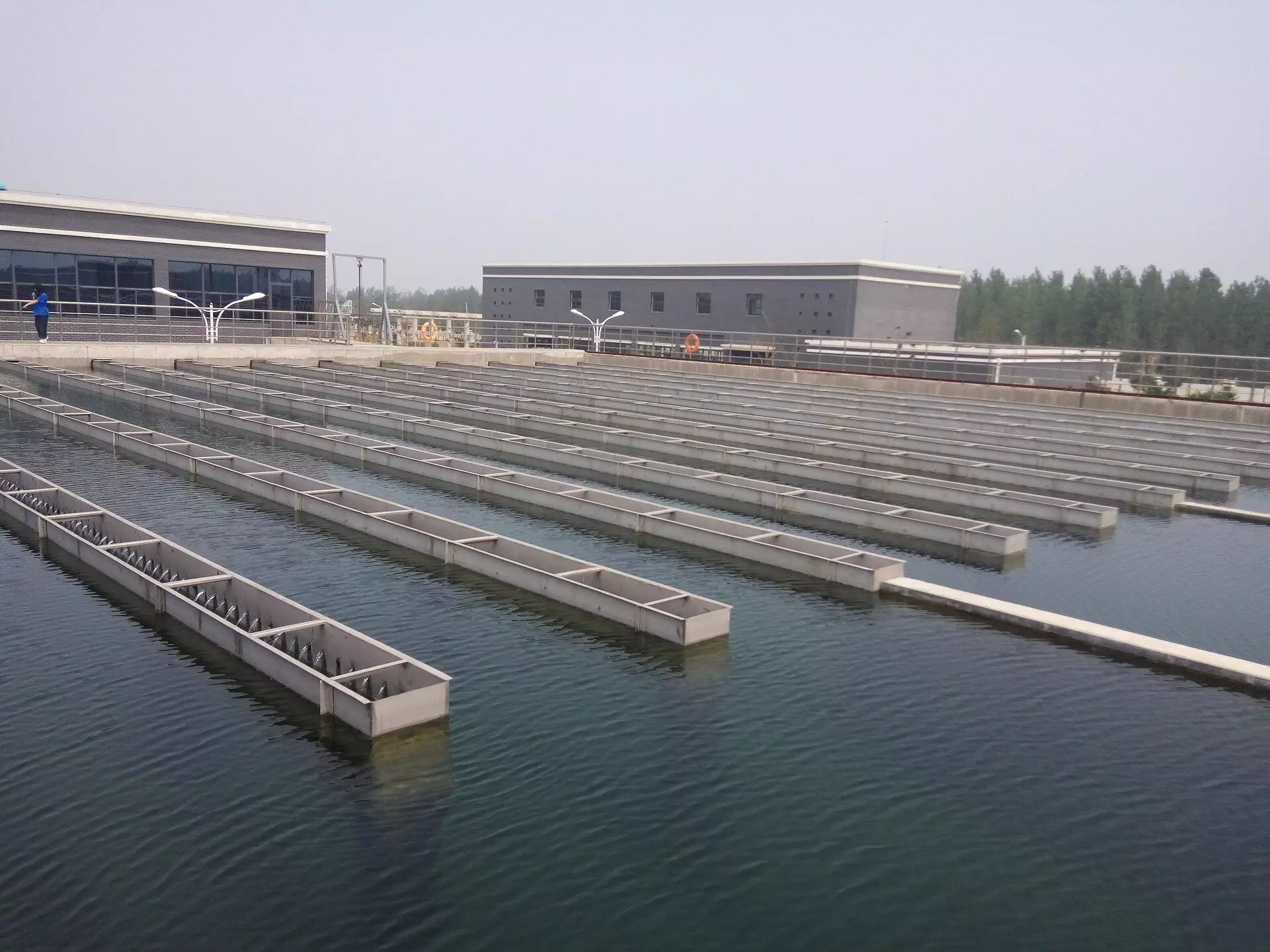Government agencies are increasingly becoming targets for cyberattacks and operational vulnerabilities. The recent announcement by the Environmental Protection Agency to enhance inspections of water facilities highlights the seriousness of the situation. It is alarming to note that 70% of water systems failed to demonstrate their ability to maintain basic cyberhygiene. This lack of preparedness is a significant concern, considering the potential devastating impact of a breach in operational technology for water supplies.
Lee McKnight, an associate professor specializing in cybersecurity, rightly points out the urgent need for both public and private sector organizations to prioritize cybersecurity in water systems. The rise in state-sponsored actors taking advantage of outdated security practices underscores the critical nature of the issue. The sector must recognize the potential risks associated with cyberattacks and take proactive measures to mitigate them.
One key solution proposed by McKnight is the need for comprehensive training programs for IT workers in the water sector. Sending the sector’s IT workforce for specialized training or increasing online sector-specific training programs is long overdue. It is essential to equip these professionals with the knowledge and skills to effectively combat cyber threats. Moreover, extending training in basic cyberhygiene to the broader workforce is equally important. In an era where cyberattacks are becoming more sophisticated, all employees need to be aware of best practices to safeguard sensitive information.
Another crucial aspect in enhancing cybersecurity measures for government agencies is fostering collaboration between different entities. The joint efforts of the EPA and the Cybersecurity and Infrastructure Security Agency (CISA) are commendable steps towards creating a unified front against cyber threats. By sharing information, resources, and expertise, these agencies can collectively strengthen their cybersecurity posture and better protect critical infrastructure.
The increasing frequency of cyberattacks targeting government agencies underscores the urgent need for robust cybersecurity measures. The vulnerabilities in water systems and other critical infrastructure serve as a wake-up call for organizations to prioritize cybersecurity. By investing in education, fostering collaboration, and adopting proactive security measures, government agencies can significantly enhance their resilience to cyber threats. It is crucial for all stakeholders to work together towards creating a more secure and resilient cybersecurity landscape.


Leave a Reply